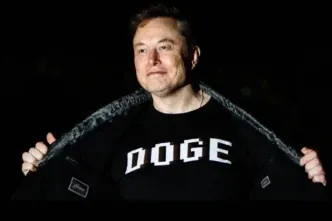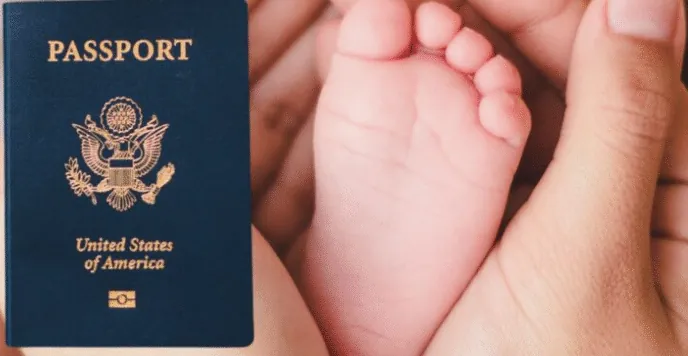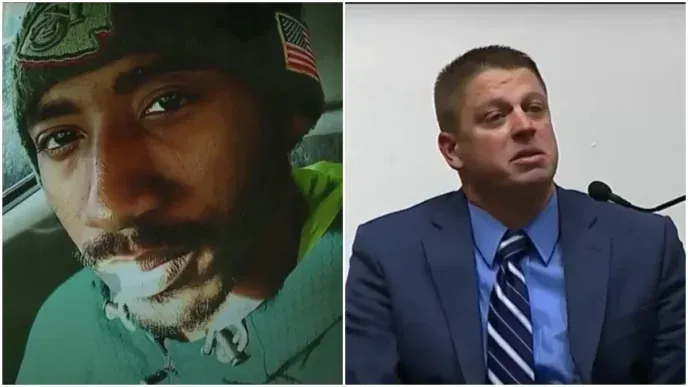White House Senior Adviser Elon Musk is spearheading a plan to dismantle the Millennium Challenge Corporation (MCC), a respected U.S. foreign aid agency founded under the George W. Bush administration.
Musk’s Department of Government Efficiency (DOGE) has directed major staff cuts and the termination of all existing grants at MCC, according to internal communications reviewed by NPR.
Background
MCC, launched in 2004, is an independent agency focused on boosting economic growth in low- to middle-income countries through targeted private sector investments. With a budget of around $1 billion per year — a small slice of the nearly $7 trillion federal budget — MCC has invested about $17 billion across 47 countries over two decades. It requires partner countries to demonstrate anti-corruption efforts and political reforms to qualify for grants.
“Before the countries get selected, they have to prove they’re worthy of contribution by fighting corruption, investing in women and children, and honoring the marketplace,” former President George W. Bush said during MCC’s 20th anniversary celebration last year. “The results have been extraordinary.”
MCC is consistently ranked among the most transparent development organizations globally, according to Publish What You Fund.
DOGE’s Sudden Move
Earlier this year, MCC staff had felt hopeful. After a U.S. Office of Personnel Management review concluded MCC was efficient and aligned with administration priorities, many believed the agency would be spared cuts — even as USAID faced severe downsizing.
However, DOGE representatives arrived at MCC headquarters in Washington, D.C., on April 14, gained internal system access, and within a week recommended slashing the workforce of about 320 to just a few dozen and ending all current programs. The acting MCC CEO confirmed these impending cuts in an email to staff.
No public rationale for the cuts has been given. Unlike past USAID reductions, which were justified with claims of fraud and inefficiency, DOGE has not articulated any criticisms of MCC’s operations.
The White House did not respond to NPR’s request for comment.
Potential Fallout
Critics warn the cuts could have damaging long-term consequences for U.S. influence abroad.
“MCC is the only aid agency in the world that targets poor countries with good policies, helps countries choose the most growth-promoting investments through rigorous analysis, and funds investments in ways that do not build unsustainable debt,” said Nancy Lee, director of the Sustainable Development Finance Program at the Center for Global Development.
Former MCC and National Security Council official James Mazzarella noted MCC’s tangible diplomatic benefits. For example, after an early project to improve road infrastructure in Ghana, the country named a major highway after President George W. Bush.
“If the cuts go through, we’re going to be seen as a country that breaks its word,” Mazzarella said. “Our partners made significant, tough political reforms based on our promises, and now they’re being left high and dry.”
This Article Includes











